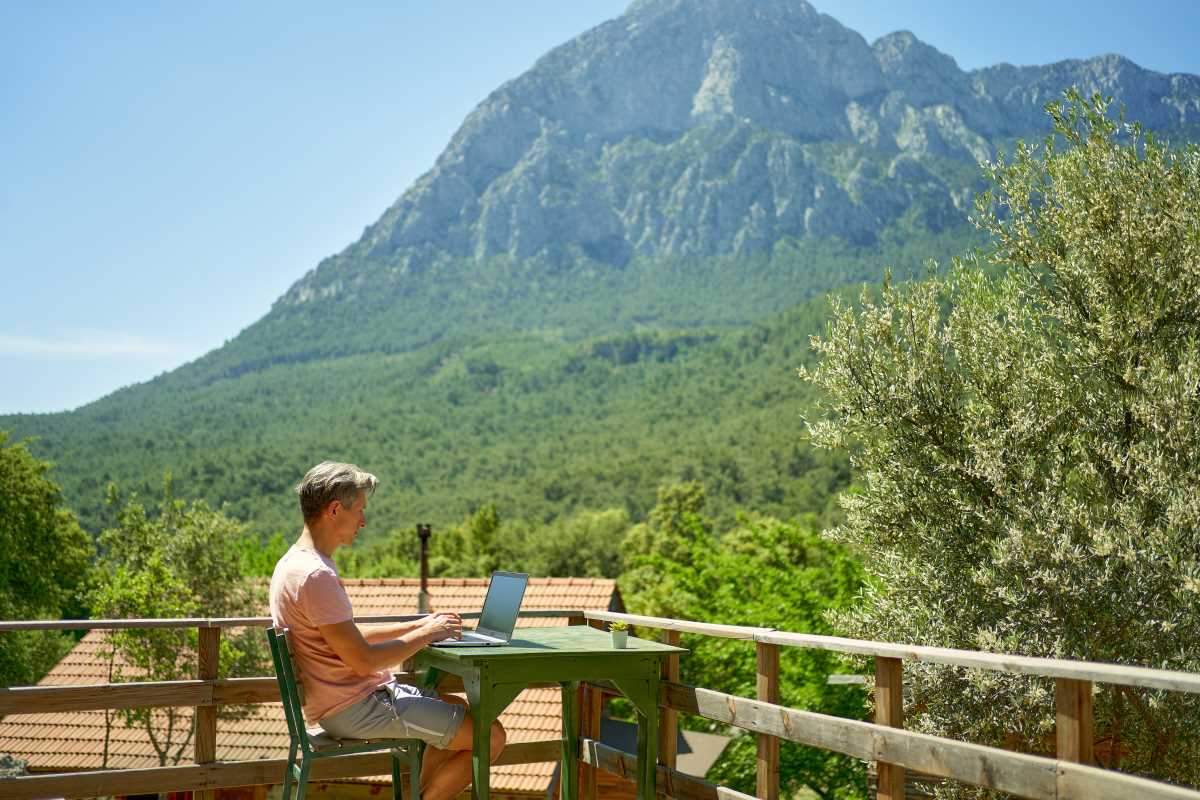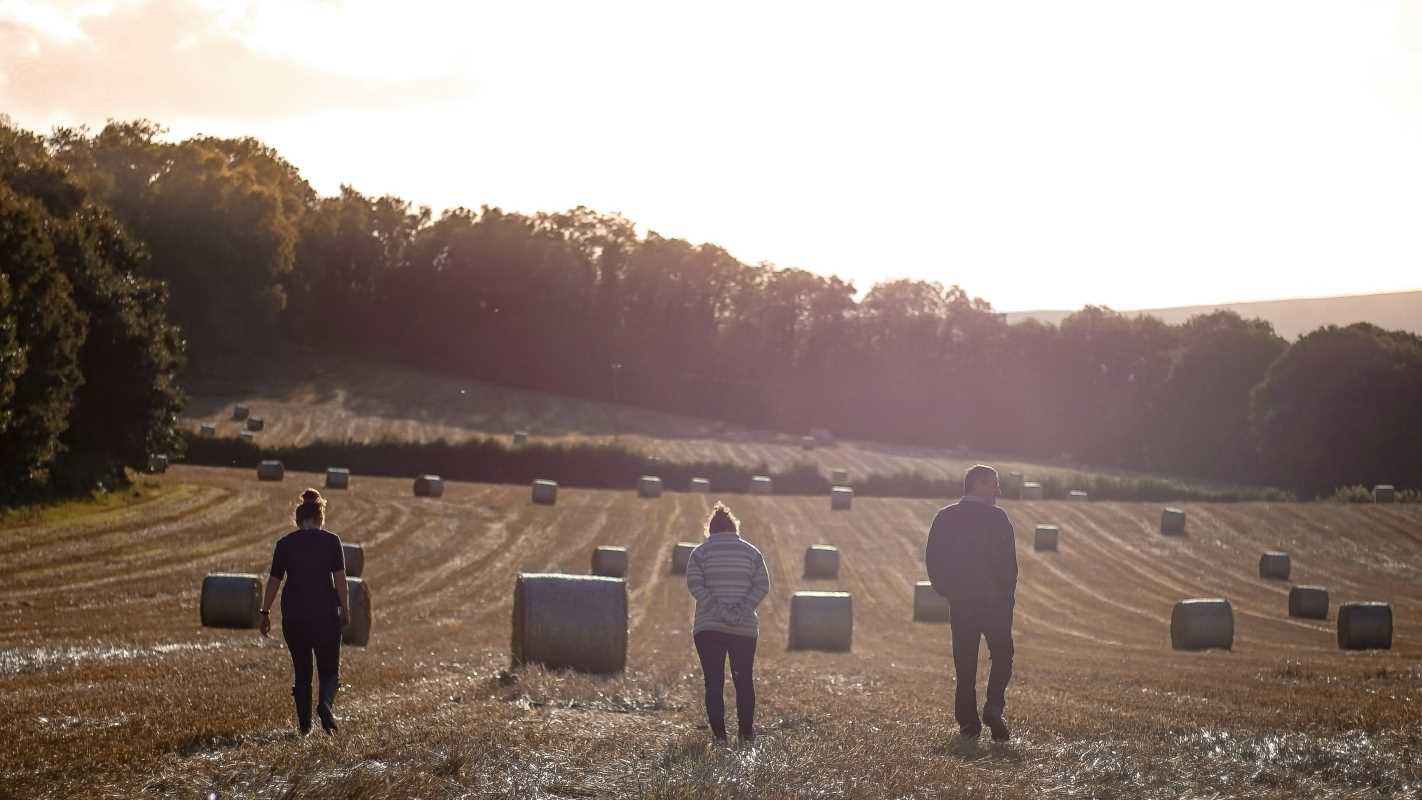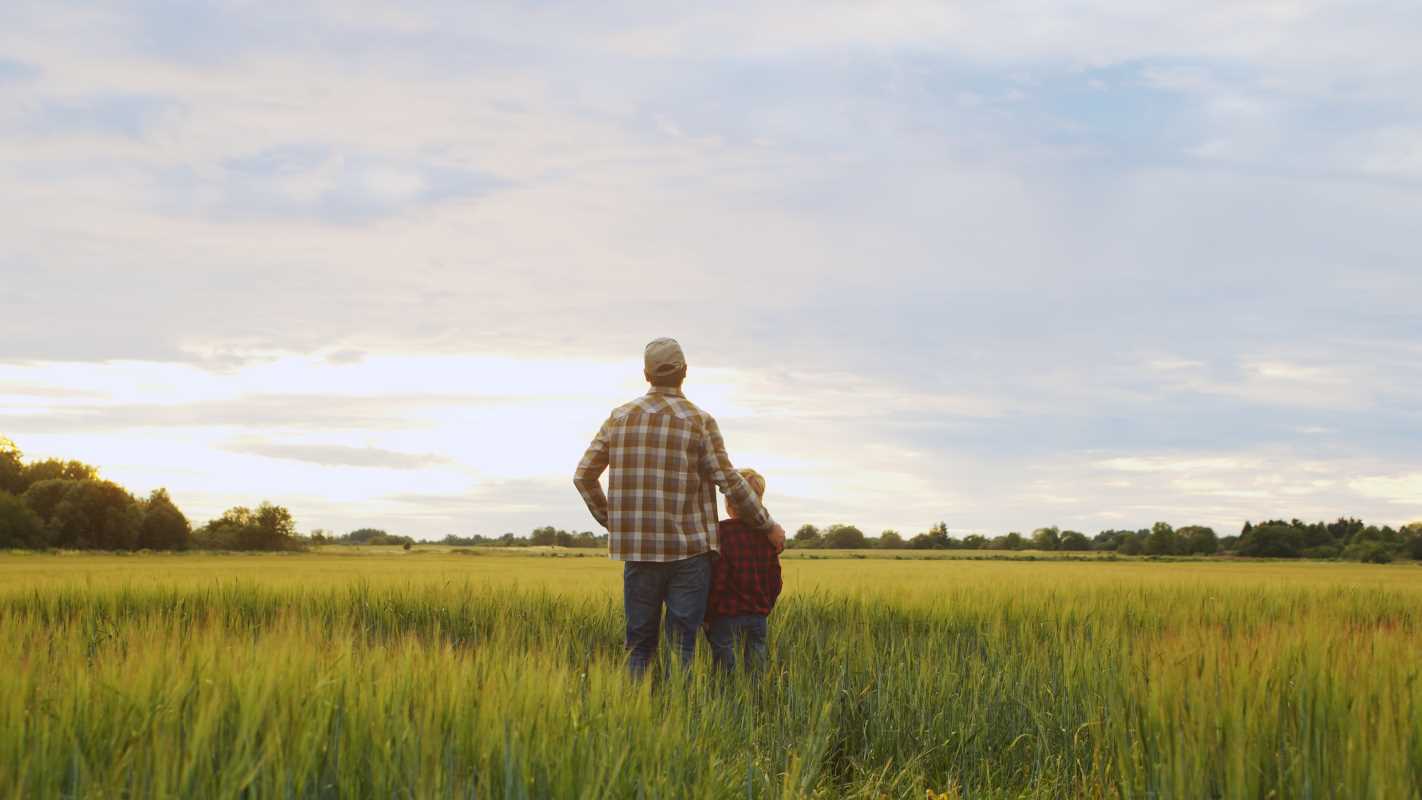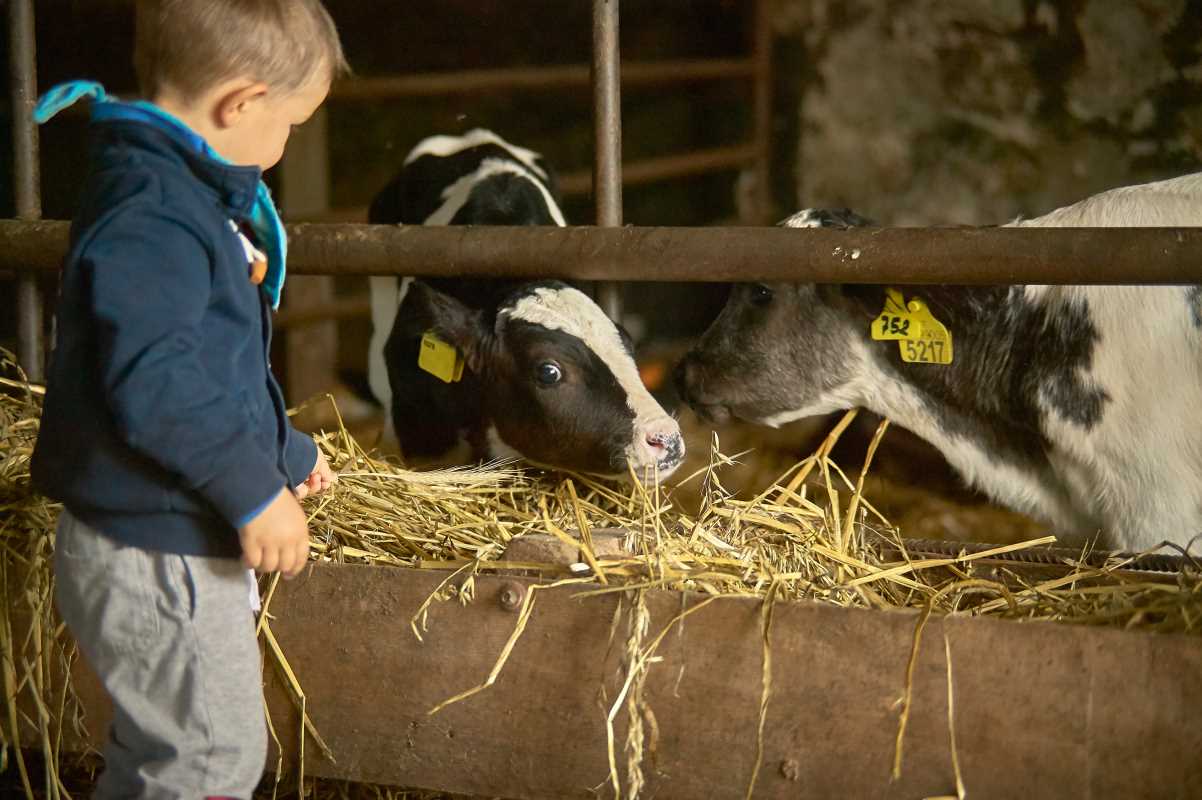Many people who care for the land seek new ways to create lasting and balanced environments. Practical workshops on permaculture offer a hands-on experience that inspires creativity and excitement for shaping large properties. Attendees learn how to blend thoughtful design with the rhythms of nature, gaining clear guidance and seeing real improvements in their land. These sessions provide useful tips and genuine examples, making the journey toward sustainable land management both rewarding and approachable. By sharing proven methods and encouraging a deeper connection with the landscape, these workshops help people see their properties in a new light and take meaningful steps forward.
Hands-on experiences reveal how detailed planning can shift perspectives on land management. A blend of theory and practice guides the journey, opening up new ways to connect with the land. These sessions bring a clear focus to natural processes, encouraging approaches that work in harmony with nature.
Permaculture Principles You Need to Know
At the core of sustainable land practices lies the concept of permaculture. This approach promotes integrating nature’s cycles into human activities to create balanced environments. Its focus on ethical considerations and sustainable use ensures that every action benefits the land over time.
Key ideas help participants understand how each element interacts within the ecosystem. Thoughtful observation and creative design create the foundation for long-lasting change. Think of the following principles as stepping stones toward efficient land management:
- Respect natural patterns and cycles
- Design with observation and experimentation
- Value diversity and interconnectivity
- Optimize resource use for long-term benefit
- Implement energy-efficient systems
What You Will Experience in Design Workshops
Engaging workshops feature interactive sessions led by experts who share practical insights and hands-on techniques. Each activity guides participants through realistic simulations and exercises, making complex ideas easy to implement. During these sessions, attendees connect with professionals and peers, exchanging practical advice and inspiring stories.
Focused workshops emphasize step-by-step learning and aim to produce immediate results when applied on larger properties. This environment builds confidence in decision-making and teaches participants how to incorporate sustainable solutions into daily routines. The structured format helps maintain an active learning experience, as outlined in the benefits below:
- Interactive sessions that clarify design concepts and their practical applications.
- Real-life demonstrations that explain site analysis and resource management.
- Expert guidance on customizing techniques to fit specific land challenges.
- Opportunity to collaborate and share ideas with like-minded individuals.
- Hands-on activities that boost problem-solving skills while emphasizing sustainability.
Prepare for Your Workshop Experience
Preparation leads to success when attending a hands-on design session, and planning ahead is essential for an effective workshop experience. Participants should review local resources, map key landmarks, and assess natural patterns on their land. Gathering essential tools and reviewing current conditions also plays a major role in visualizing improvements.
Gather information about soil types, local wildlife, and water sources to maximize workshop outcomes. Draft a simple itinerary outlining areas that need redesign or are ripe for improvement. This proactive approach helps build a strong foundation for practical learning and ensures that every minute of workshop time is well spent.
Implement Permaculture on Your Land
Adapting ideas from the workshop to various land types encourages creative problem solving and targeted improvements. The techniques discussed in sessions seamlessly translate into practices that nurture soil health and improve water retention. By experimenting with design elements on different terrain, land managers begin to visualize the transformation their property can undergo.
By joining these workshops, you can reconnect with the land and see firsthand the benefits of intentional design. Sign up for a session to experience it yourself.
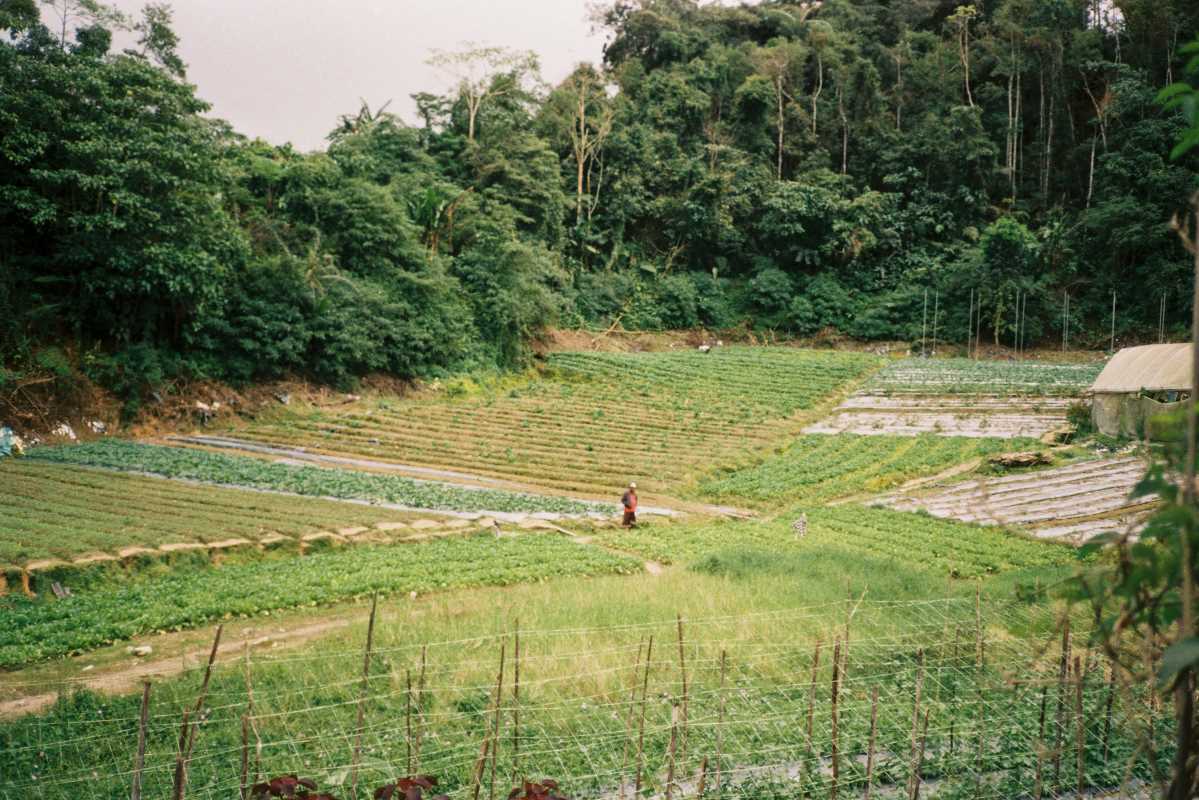 (Image via
(Image via

